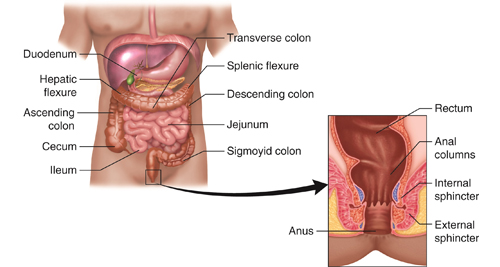Bowel Incontinence – Overview
Bowel incontinence, also known as faecal incontinence, is the inability to control bowel movements, resulting in involuntary leakage of stool. It can range from occasional small leaks when passing gas to complete loss of bowel control. While common, especially in older adults, it remains underreported due to stigma and embarrassment.
This condition can deeply impact a person’s quality of life, causing distress, anxiety, and social withdrawal. However, with proper diagnosis and treatment, many people manage or even fully resolve their symptoms.
Common symptoms of bowel incontinence:
- Urgent need to have a bowel movement but being unable to reach the toilet in time
- Leakage during normal activities (e.g. walking or coughing)
- Involuntary gas release
- Soiling of underwear without awareness
- Constipation alternating with leakage
It can be temporary (such as after childbirth or surgery) or chronic, depending on its cause. It affects people of all ages, though it is more common in:
- The elderly
- People with chronic diarrhoea or constipation
- Women after multiple childbirths or pelvic injuries
In South Africa, this is poorly discussed in both urban and rural health settings. Many sufferers do not seek help, believing it’s a “normal part of aging” or simply too embarrassing to mention.
Despite the silence, help is available. Treatment varies depending on the cause, and many cases improve significantly with diet, medication, physiotherapy, or surgery.
👉 [Next: Causes and Risk Factors of Bowel Incontinence]


